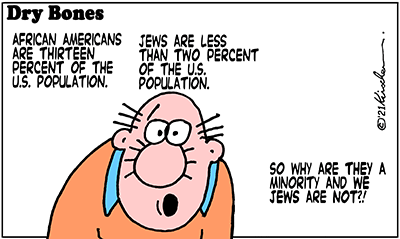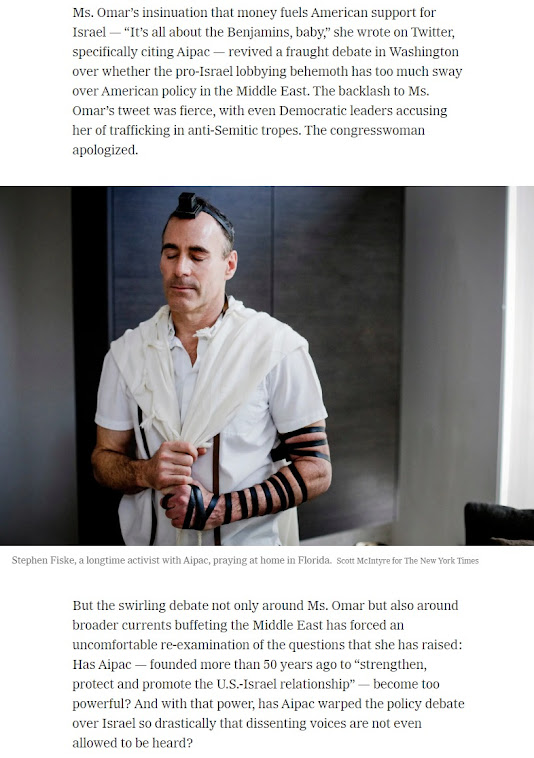David Collier: A point or ten about the Palestinian flag
I recently spent a night in Belgium doing some research. As soon as I came out of the Brussels Midi Eurostar station I was confronted with a huge image of the Palestinian flag that had been graffitied onto one of the station walls. I took a photo of the flag – and posted it in a tweet – noting my discomfort.Rachel Riley: 'I couldn't stay quiet during the Corbyn years'
That simple statement of fact – that the Palestinian flag can be viewed as a symbol of hate, went viral – receiving over 3.8 million views – and over 3,280 comments. For several days my notification feed was a tsunami of abuse. Some even suggested that my discomfort made me ‘racist’ or ‘Islamophobic’:
Most of the comments were just mocking. After all they said – ‘it is only a flag’. This is a ridiculous position, more so given that I can think of dozens of examples of ‘only a flag’ that most right-minded individuals (left and right) would find threatening or offensive. Like many emblems of hate – the problem lies in what the Palestinian flag represents – and what many of those waving it support. Only a fool would believe that the person who placed that graffiti on the walls of the Brussels Midi station has any good intentions vis-a-vis Jewish people in Israel.
Ignorance on this subject is everywhere, so here are ten points looking at what the Palestinian flag actually means – and why Jewish people have every right to view it as offensive:
1. The truth hidden in plain sight: 1964
Firstly, let me put the record straight. At the start of the 20th century there was no ‘Palestinian flag’ – just as there was no ‘Palestinian people’. Before the national Palestinian identity was created as a weapon with which to fight Zionism, Arabs under the mandate saw themselves as part of the greater Islamic or Arab nations. In August 1929, while Arabs massacred Jews throughout the British Mandate area, the Arabs in Nablus tried to revolt against the British. Briefly declaring independence, they raised the Turkish flag:
This next clarification was made during the Arab revolt in the late 1930s. That the ‘Arab nationalists fly a variety of flags, generally Islamic green’:
Only in May 1964 when the Palestine Liberation Organisation (PLO) was established, did they fully adopt what we now know as the Palestinian flag – as the flag of the Palestinian people (not the flag of ‘Palestine’, that came later). The PLO also created the ‘Palestinian Liberation Army’ to work towards the ‘ultimate goal of liberating the Arab homeland’. The flag was the banner under which they would unite to destroy Israel:
The flag is based on the flag of the Arab revolt (which is why the flags of so many Arab nations are similar). It was part of the pan-Arab cause, and the colours are in remembrance of Islamic conquests.
This point is reinforced by various Fatah spokespeople, such as this example from 1969. This Al-Fatah ‘commander’ did not care what flag he stood under – as long as it was an Arab one:
In 1964 the Arabs were in total control of the West Bank and Gaza, so the *ONLY* land they could ‘liberate’ was Israel behind the 1949 armistice lines. The very origin of the flag is one that sought the destruction of the Jewish state. This was the sole purpose of its adoption.
2. The age of terror
For six decades the PLO adopted ‘Palestinian flag’ has been associated with the slaughter of Jews and the desire to destroy Israel. Such as this threat from Arafat – as he pointed to the Palestinian flag – promising ‘the flag will fly on the road to Haifa‘ and they would keep their guns ‘raised‘ until they took Jerusalem:
And these were not idle threats. Wherever there was terror and the murder of Jews – the Palestinian flag was present:
Riley Riley has spoken about her role in confronting Labour Party antisemitism during the Corbyn years saying “I just saw something bad happening and just couldn’t stay quiet."Watchdog launches campaign against alleged Morningstar anti-Israel ratings
Riley, who was recently awarded an MBE in the 2023 New Year’s Honours list for her work raising awareness of the Holocaust and combating antisemitism, also discussed the abuse she received.
Speaking on the Spinning Plates podcast with Sophie Ellis-Bextor, she said: “When they [Labour] were rejected and lost 80 seats [in the 2019 general election], it was a sigh of relief but on the same day, I got a message wishing my daughter stillborn. It [the abuse] took its toll.”
Riley went on to say: "I know there are some brilliant people in Labour now really determined to get rid of these bad actors. So it kind of took the pressure off a lot.”
She also recalled a moment meeting Holocaust survivors and Chief Rabbi Sir Ephraim Mirvis at a charity honours event.
A conservative, nonprofit watchdog is keeping up the pressure on Morningstar, despite a reduction in the number of Israel-linked companies on a blacklist maintained by the investment firm and its socially conscious investment ratings arm, Sustainalytics.
Will Hild, executive director of Consumers’ Research, told JNS that the nonprofit launched a new media campaign on Tuesday morning. It planned to send a mobile billboard to Morningstar’s Chicago headquarters and to run digital ads on the website of Crain’s Chicago for a week.
It is also starting what Hild referred to as “targeted digital campaign aimed at consumers and Morningstar employees.”
Morningstar reduced the number of businesses it tags with “controversy ratings” from 26 to 7, following pressure from a coalition of U.S. Jewish and pro-Israel organizations. The “controversy” tag, which can dissuade would-be investors, was applied to companies that operate beyond the 1949 armistice line, often referred to as the “Green Line.” Morningstar is also being investigated in at least 20 states for potential boycott, divestment and sanctions activity against the Jewish state.
Critics have called the “controversy” ratings a boycott due to the company’s use of anti-Israel sources for its ratings and the language it used originally, suggesting that businesses serving Jewish communities in Judea and Samaria should be flagged automatically. Morningstar has said consistently that it does not engage in BDS.
The investment firm agreed to implement changes in how it handles businesses inside what it calls the Israeli-Palestinian conflict area.
Hild told JNS that the reduction isn’t good enough.


































.jpg)





